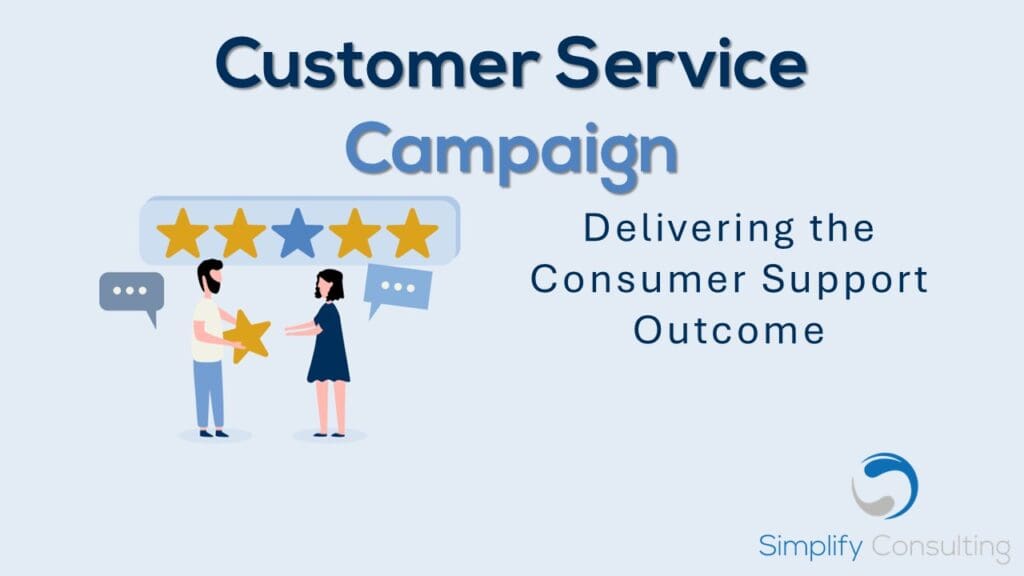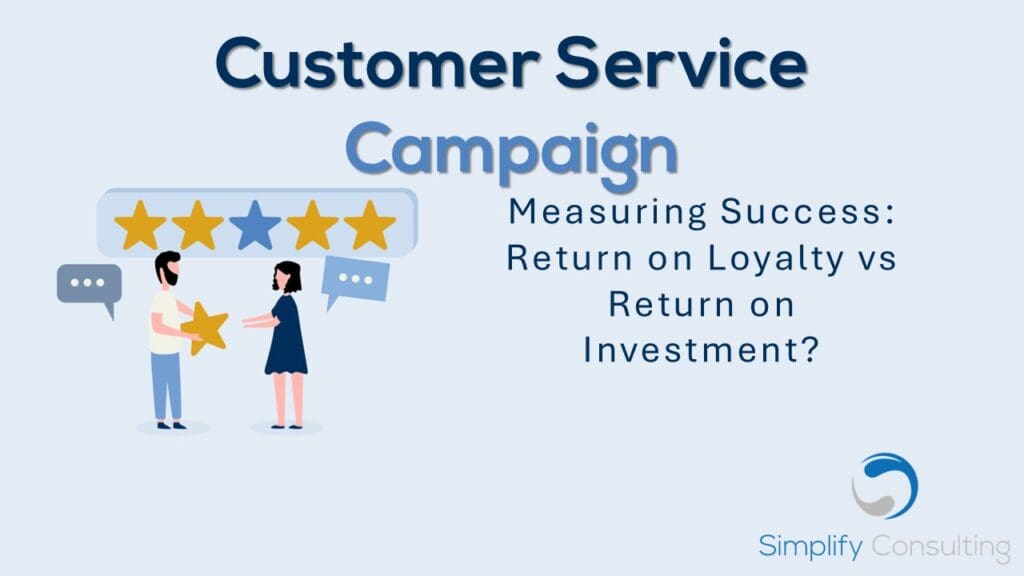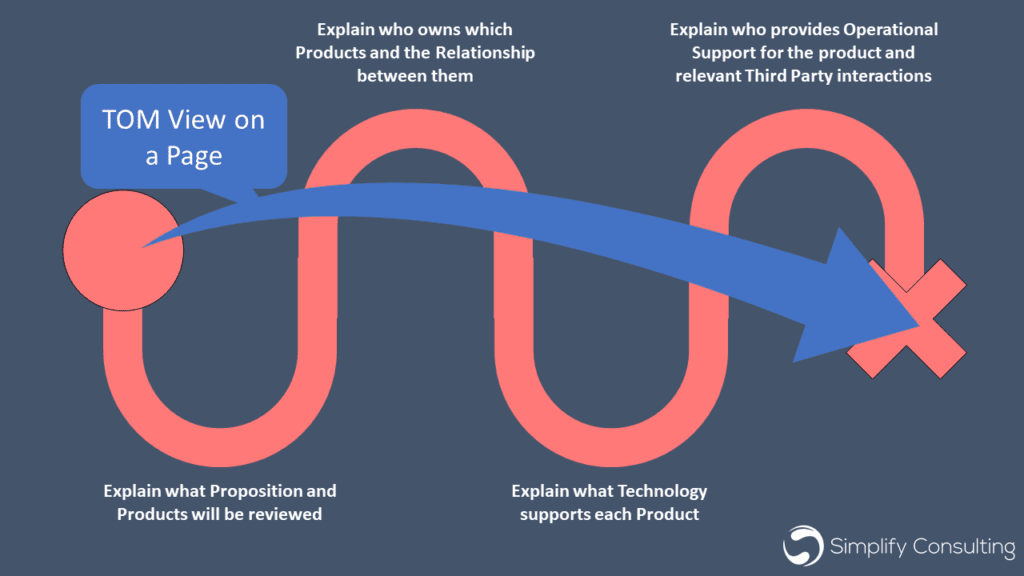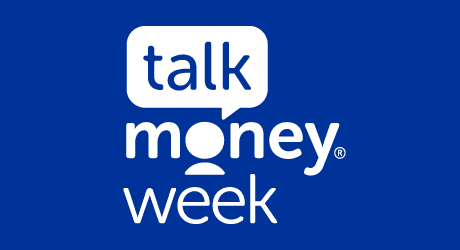The transfer market has been a rapidly evolving space in the financial services industry over the past few years. COVID-19 forcing the change to e-signature, and even signatureless transfers, FinTech entrants paving the way on automated services and a continued use of leading software providers to enable electronic transfers. In this technological driven market, all these factors point strongly towards providers being able to offer an increasingly higher level of service, right?
Yet regardless of these changes, if you were to ask anyone from advisers to administrators what the most frustrating process to deal with regularly is, I would bet that most of their answers would be transfers. The persistent issues surrounding timescales, a lack of communication and updates and a common disconnect between providers remain the sticking points of this service.
So, will transfers always be the black sheep of wealth operations, or are there genuine solutions that aren’t being adopted widely enough? I think wealth management providers will need to re-think how they manage transfers with the advent of Consumer Duty. Barriers to exit will need to be questioned, as well as the cost to the consumer. The time wasted in the process will need to be evaluated for poor outcomes.
If we first look at the transfer software availability in the market currently, whilst these offerings are widely picked up amongst leading platform providers, their adoption in niche schemes is still low, meaning paper-based transfer activity is still common. Much of this activity is within the Defined Benefit (DB) space where the process of transferring is more technical. Timescales to complete are upward of 6-9 months, despite the regulatory 6-month period, and DB transfers are at an all-time high with people doing them 6 times as often as in 2016.
Despite that, even those with the technology available to them are continuing to face backlash on their ability to provide an efficient transfer service. An article published in 2021 exclaimed that one platform in particular had taken 6 months to complete an ISA transfer. This was not only on one occasion either. There were numerous examples given of what should have been a straightforward service to provide but instead took several months to complete. Giving first-hand accounts of their transfer experience, the customers pointed the blame at providers dragging their heels and being understaffed to accommodate the transfer requests.
Technology aside, there are also ongoing issues with turnarounds in relation to fraud prevention. There is no debate this is something providers must take seriously. Pension based electronic transfer cases have grown enormously by 132% between 2015-16 and 2021-22, and with it, so has the number of scams. But with that, it’s causing increasing turnaround times. Pension Expert has estimated financial costs to the client dealing with these delays can be up to £900. There is then a question of the validity of these checks and ensuring the providers are sufficiently protecting clients, but not blocking transfers to retain the holdings for longer, which is a delicate line to draw.
What does this mean? With all this chatter surrounding transfer timelines and poor customer experience, it’s no surprise that consumers are looking to the regulator for answers. As alluded to already, one answer being provided in the immediate future is Consumer Duty.
As we hasten towards the July deadline before these guidelines go live for new and existing offerings it’s clear that the noise made on transfer service throughout the COVID period and onward was heard.
A key aspect of these guidelines as part of the consumer support outcome specifies that retail customers should not face unreasonable barriers when switching to a new provider. Customer, and sometimes adviser perception, is that providers are dragging their heels on transfer outs. Considering the guidelines, providers must do more to prove they are working with the customer to fulfil their needs of transferring, in this case. It will be extremely difficult for providers to hide from consumer pressures where the FCA could potentially get involved and instead will be forced to adequately improve their offering to avoid such backlash.
In line with this, we are also seeing a stronger presence from the Pensions Administration Standards Association (PASA). They have recently spoken about transfer timelines and how the processes followed, and time taken to complete vary hugely, which speaks to the disconnect between providers mentioned previously. PASA’s outspoken view is a positive voice for the consumer in the market as it continues to put the pressure on providers to improve their service where the walls to hide behind become smaller and smaller.
Supporting the above, the STAR award is also helping to push the industry in the right direction. This is an initiative set up by Criterion and TISA who have said they “know there are pension companies and administrators that are happy doing things badly… The only way to get these laggards and poor performers to improve is to normalise adherence to a commonly agreed set of standards”. They are clearly not sugar-coating their aim to improve the existing quality of service provided for transfers, and the backing of the FCA should provide another voice to supporting an improvement to customer experience. Will this be the initiative to solve all the problems with slow transfers? Unlikely, but it’s setting the right tone for what standard is expected from providers and to be accountable for the quality of service they are providing to customers.
In the coming year as the Consumer Duty guidelines go live and STAR ratings are awarded, it will certainly be exciting to see what happens in the transfer space and how platforms are going to adapt. Who will come out ahead? What big changes, if any, are platforms going to make to enhance their levels of service? Who will be the winners and the losers of the STAR award? One to monitor and one to revisit as this all continues to unfold through 2023.
Please get in touch [email protected] to find out more how we can help your business.

James Norton
Consultant














































































































































































































